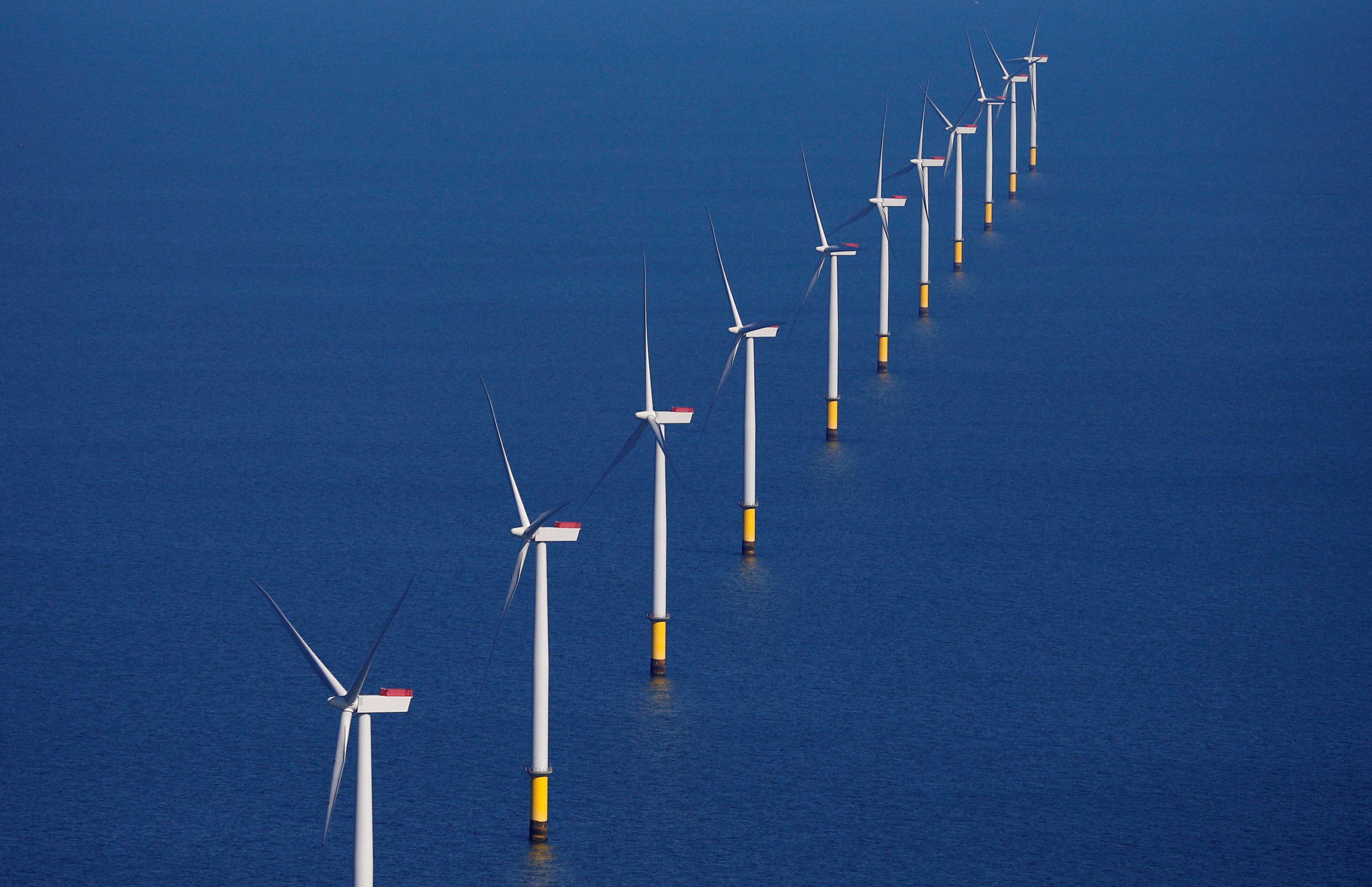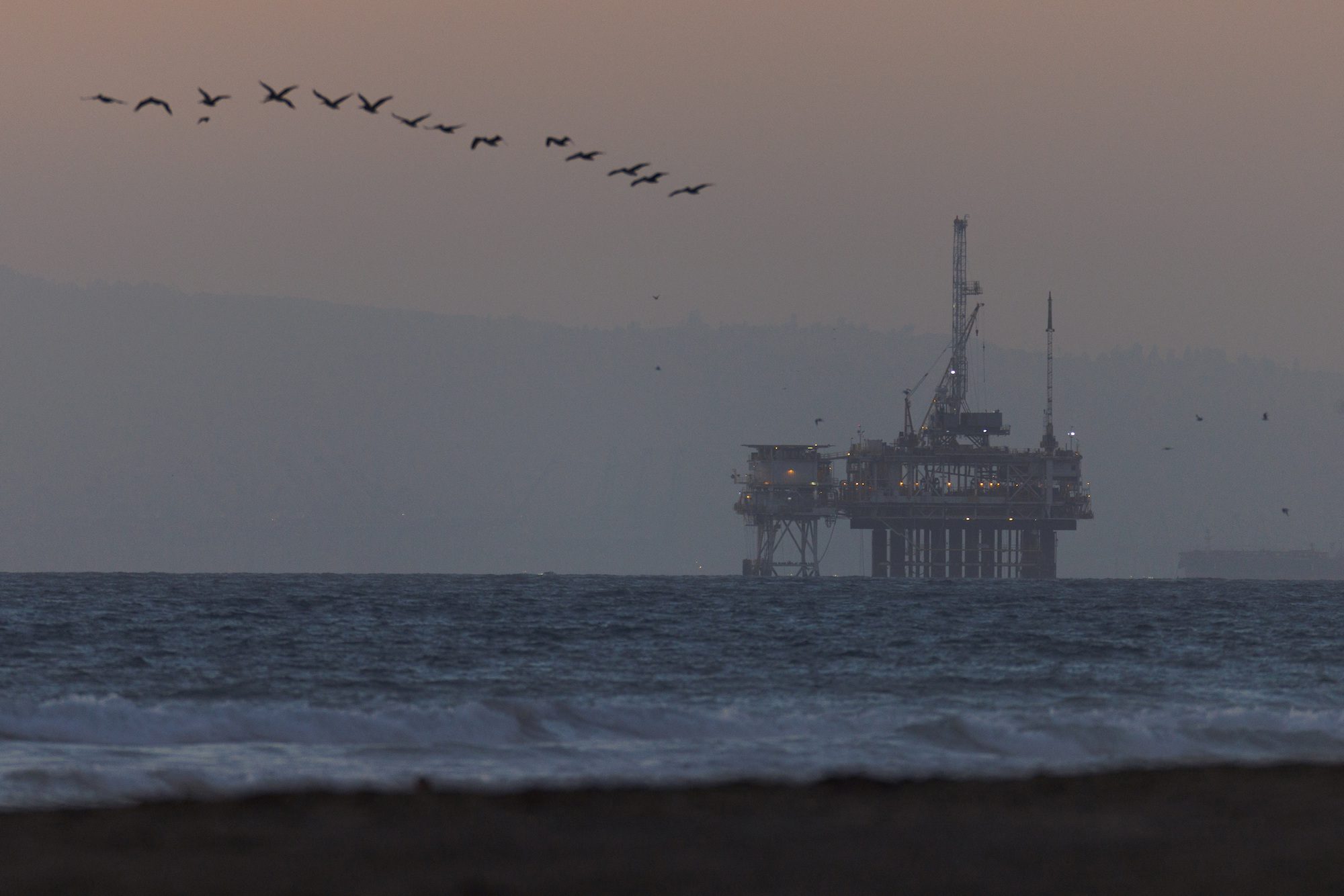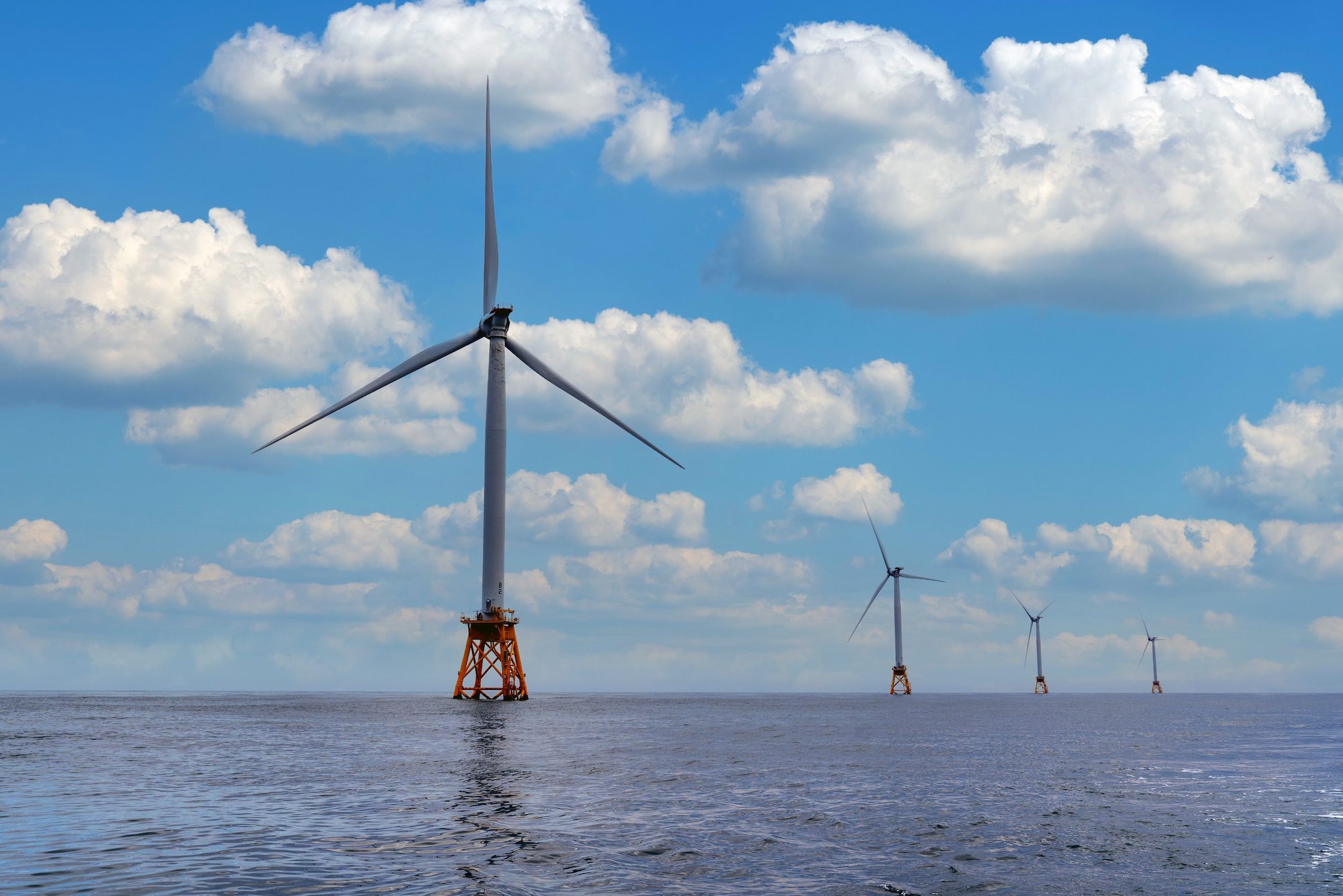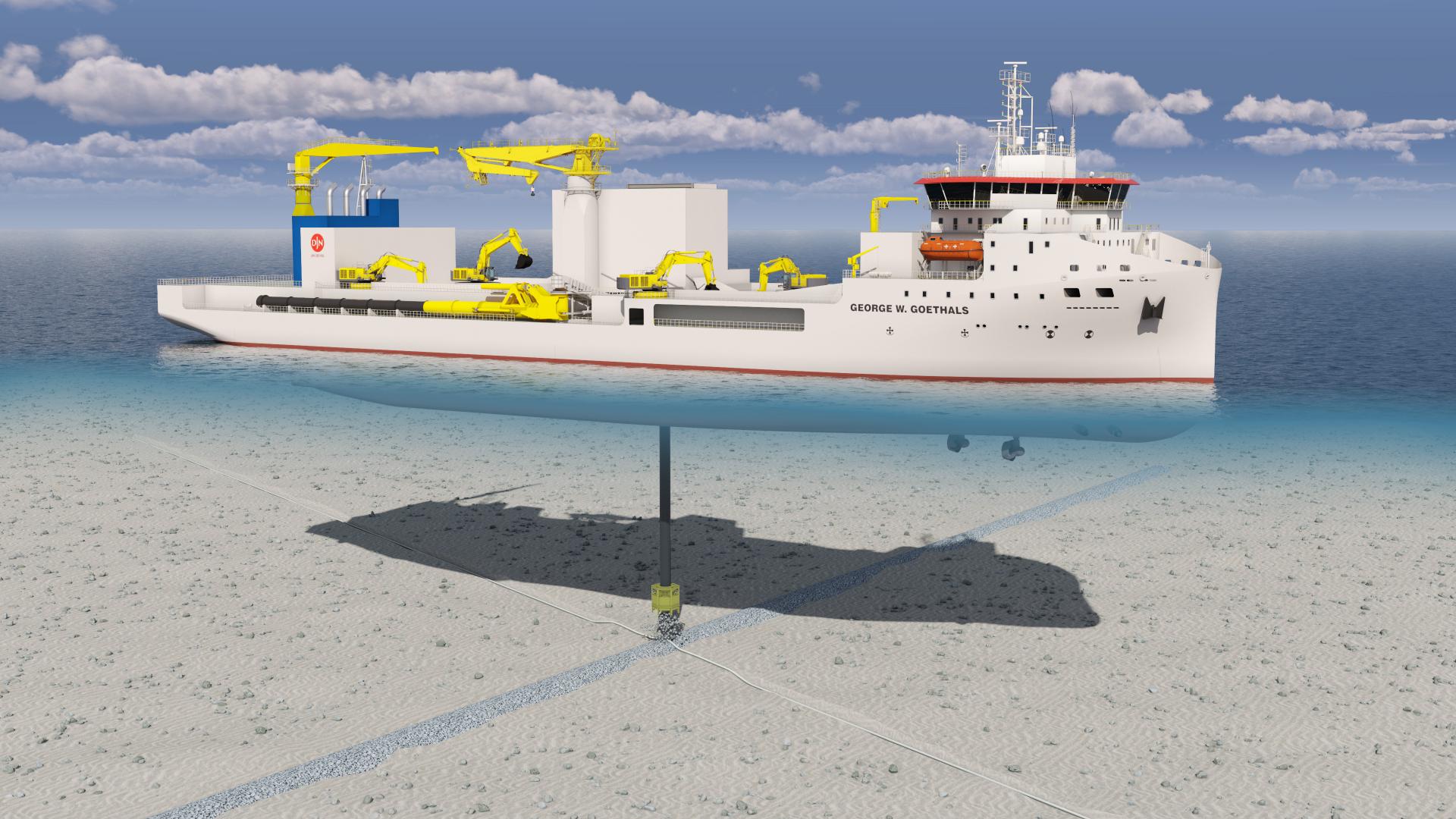By William Mathis (Bloomberg) —
UK offshore wind farm investment will be at risk if any windfall tax imposed on renewable producers is too severe, according to the head of the world’s top developer of the projects.
Prime Minister Rishi Sunak and Chancellor of the Exchequer Jeremy Hunt may extend a windfall taxto electricity generators to help plug a budget hole as it subsidizes energy bills for consumers. Growth of offshore wind is critical to Britain being able to cut its dependence on imported gas for producing power and reach its goals to slash carbon emissions in the coming years.
Orsted A/S is one of the UK’s biggest developers of the projects, including the Hornsea Three project that will be large enough to power more than 3 million homes. While Chief Executive Officer Mads Nipper said some measures to contain prices were acceptable — like the European Union’s cap on revenues — setting any cap too low would threaten investment.
“The EU have said €180 per megawatt hour. That’s not going to slow any investment,” Nipper said in an interview with Bloomberg TV. “In the UK, the world’s largest offshore market, if someone says it’s going to be £60 per megawatt hour, that would be a disaster for investor appetite.”
It would be a better idea to put renewable projects on long-term contracts to sell power at fixed prices, Nipper said. The UK had considered that plan when Liz Truss was prime minister, but it’s unclear if the current government will take it forward.
The energy crisis may delay the transition away from fossil fuels in the short term as governments prioritize shoring up supplies of gas and containing prices, Nipper said. But in the long term, renewables will win out.
“Real short term there is a risk of delay, but I have no doubt that mid to long term, the current situation accelerates the deployment of renewables,” Nipper said.
–With assistance from Francine Lacqua.
© 2022 Bloomberg L.P.

 Join The Club
Join The Club











